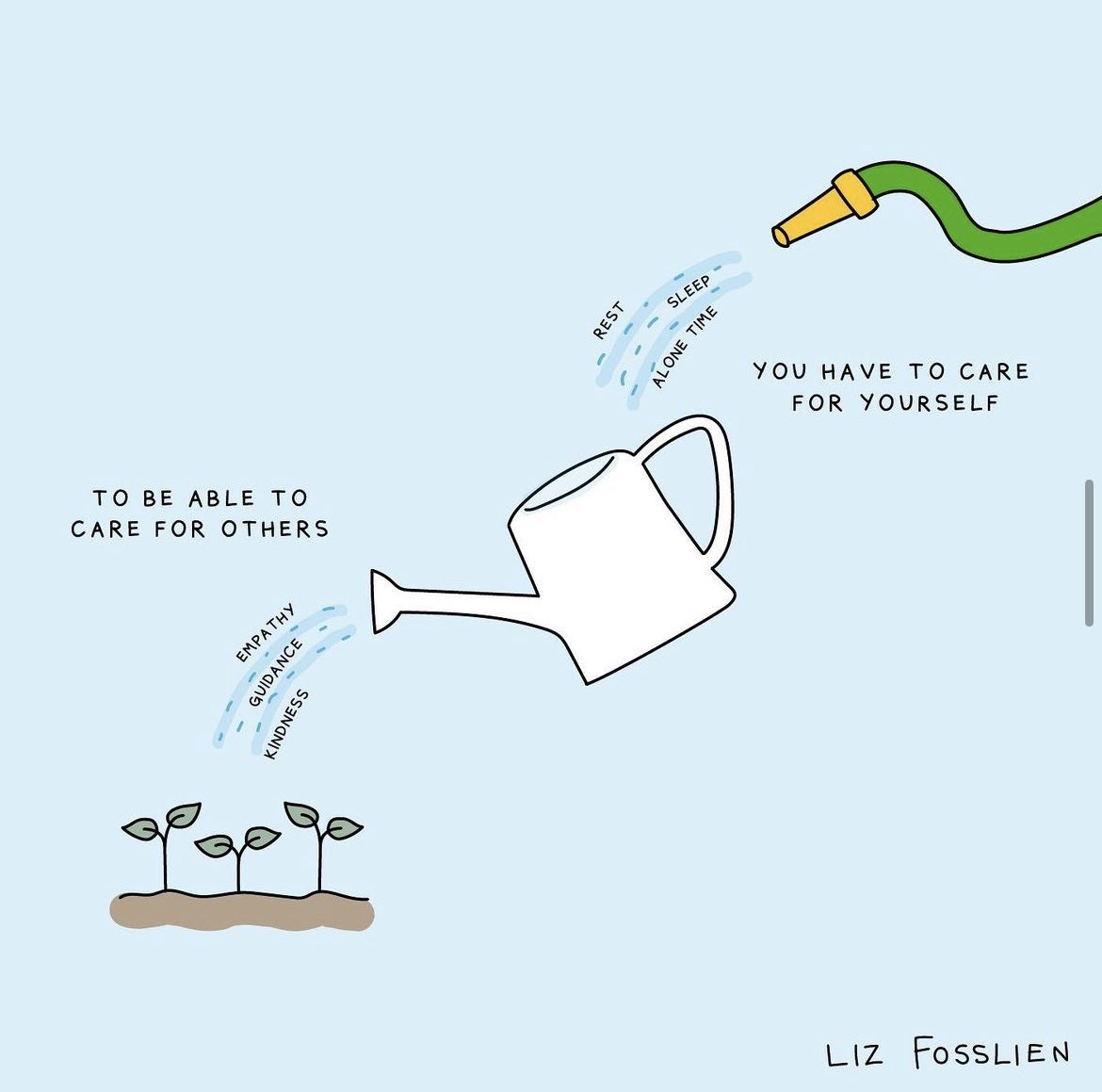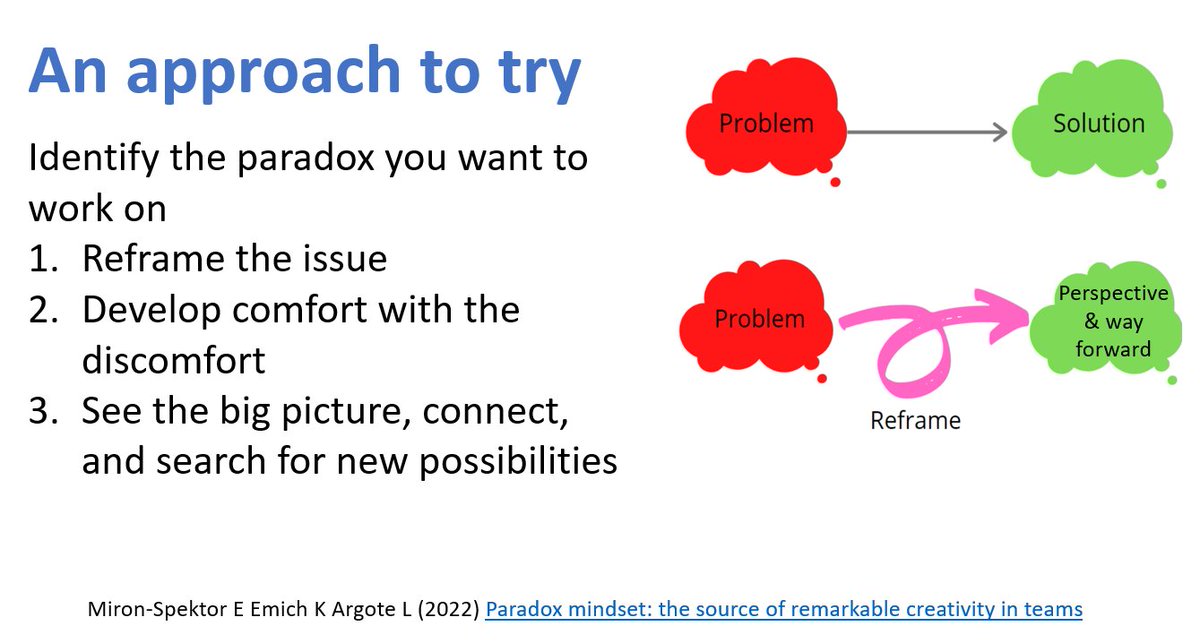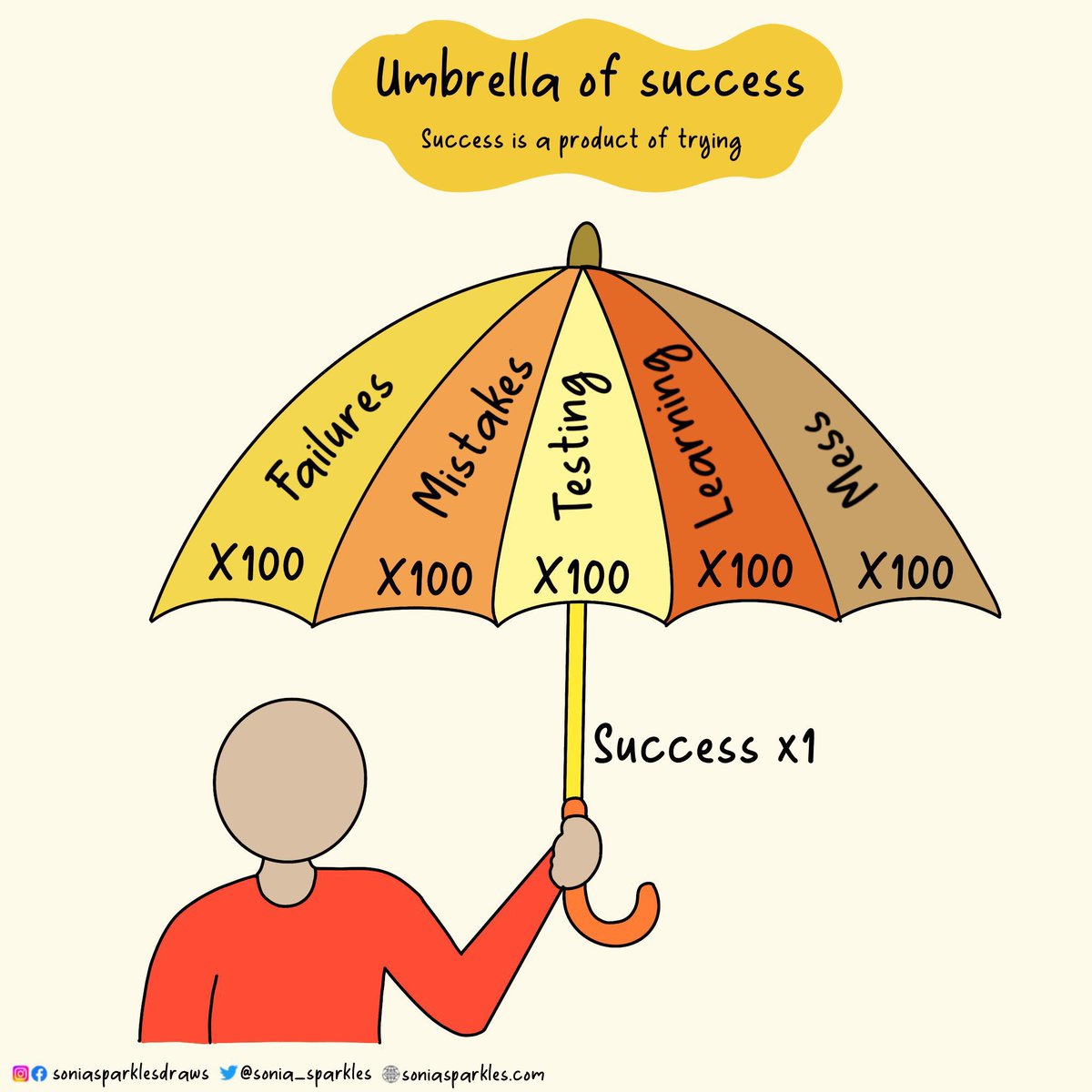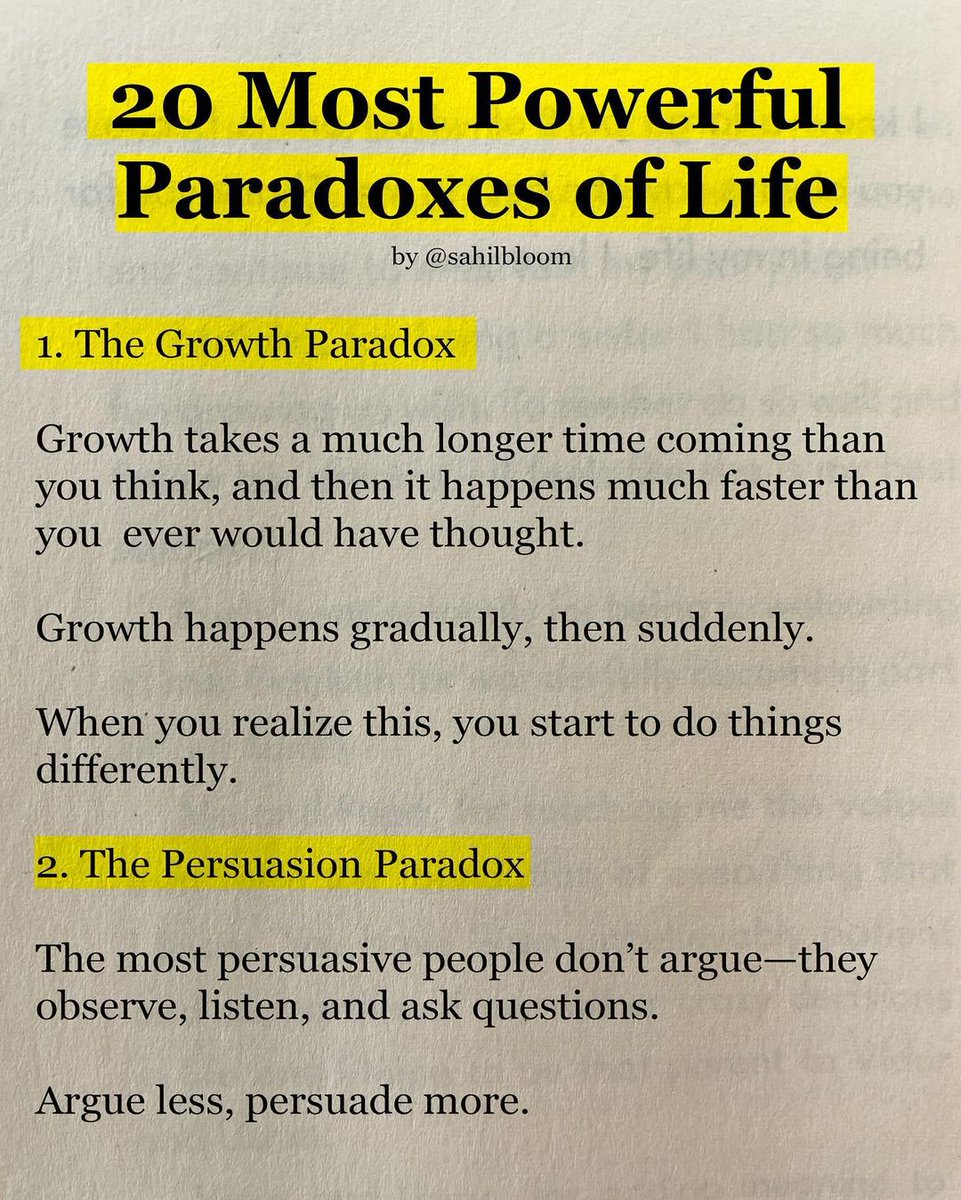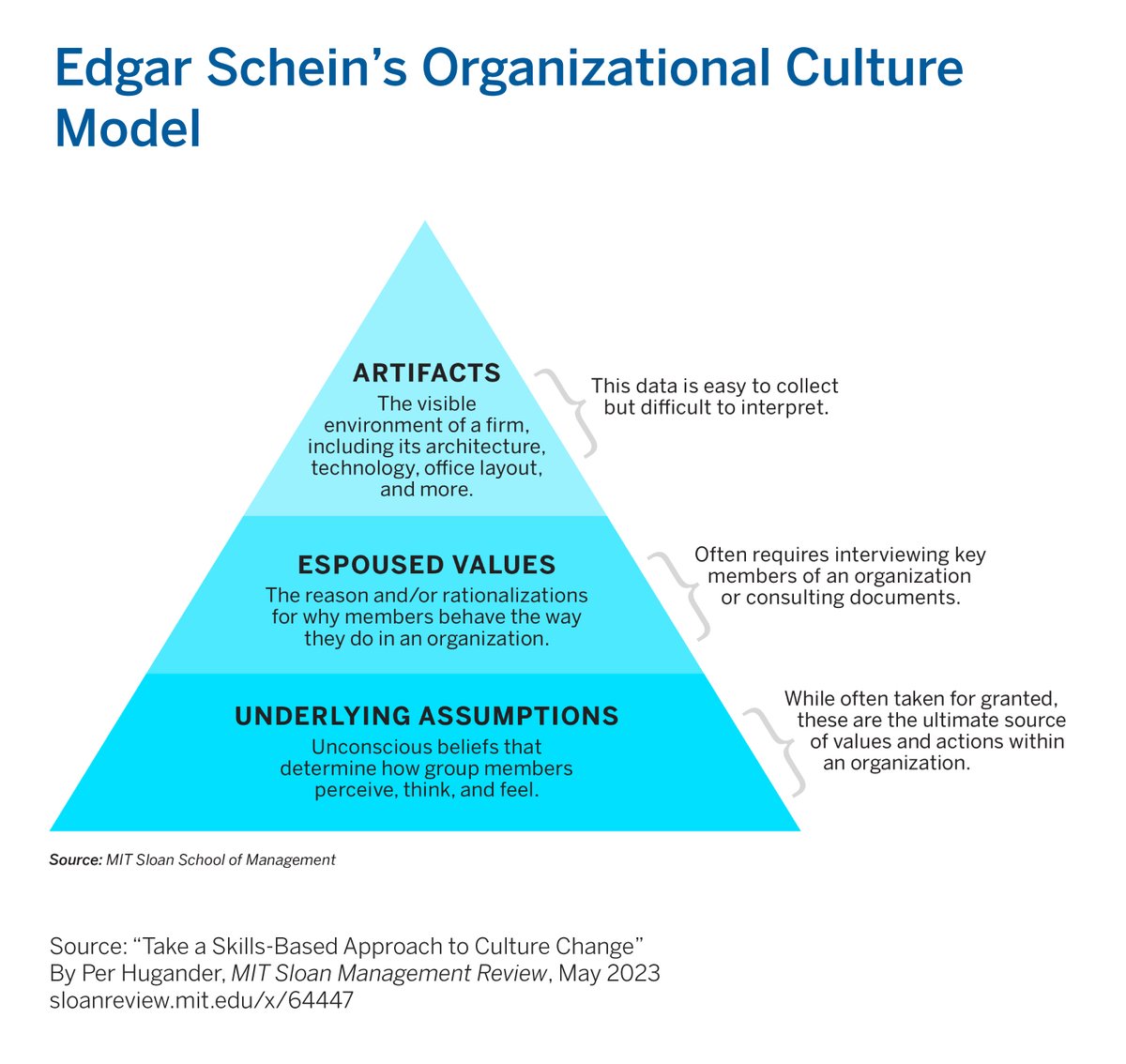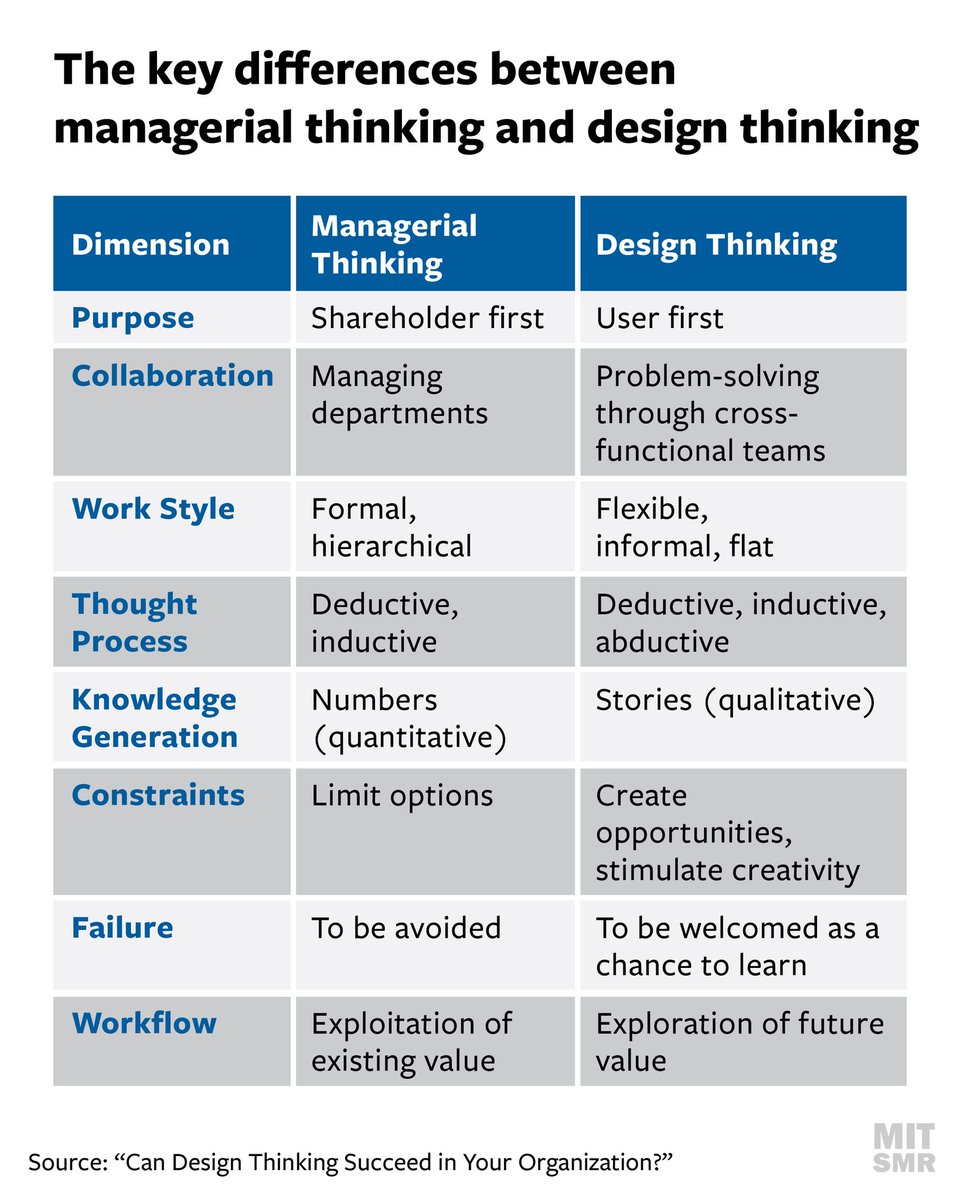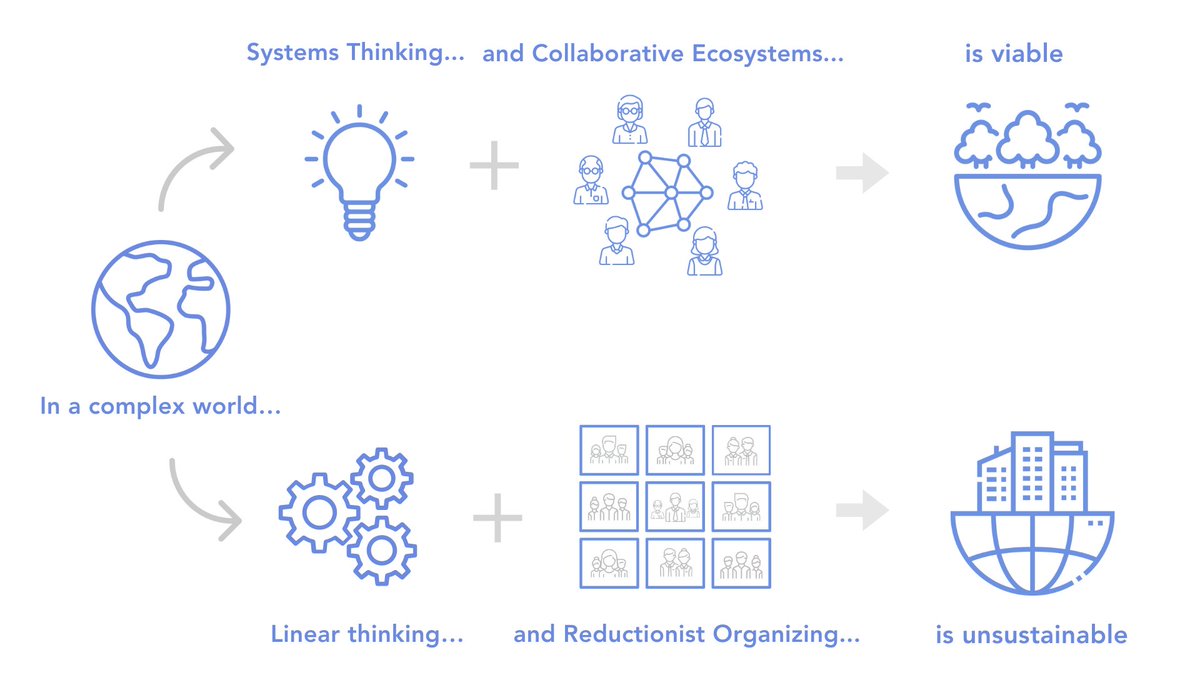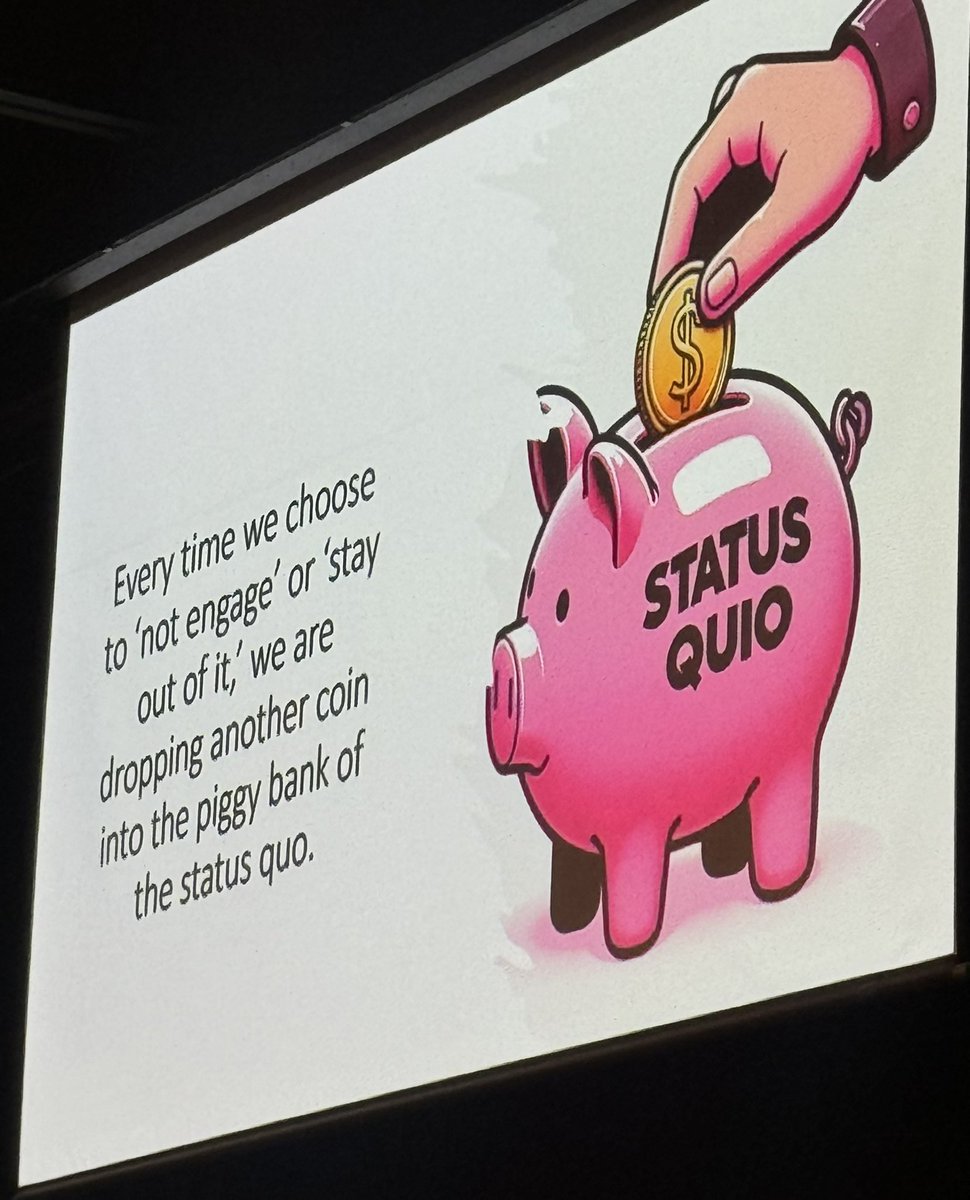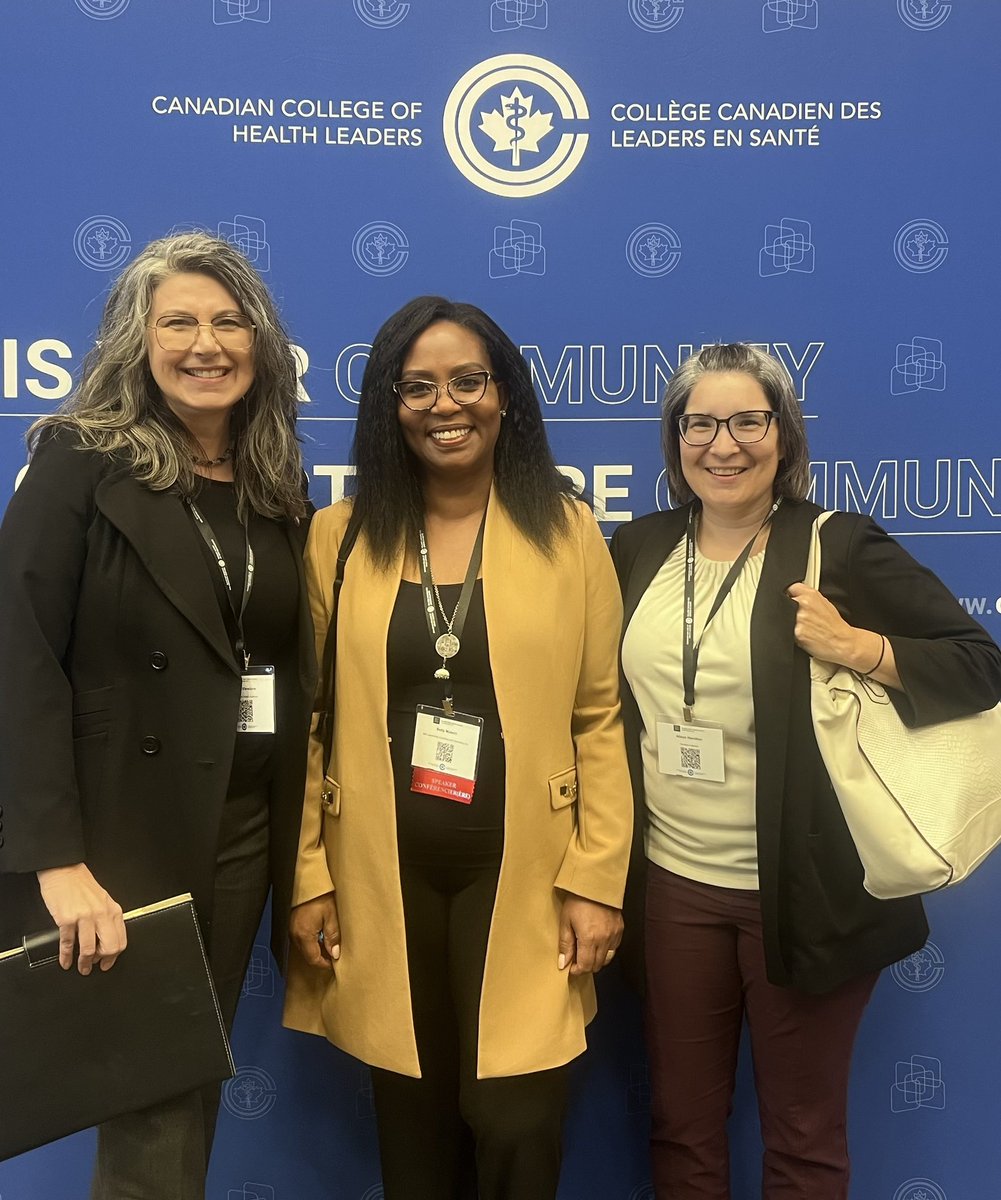
Betty Mutwiri, PhD (c), PCC
@bettymutwirib
Leadership Coach, Talent Development Strategist, D & I Influencer, Change Practitioner, Wife & Mama
ID: 1411551846
http://bmcoachingconsulting.ca 08-05-2013 00:16:43
258 Tweet
99 Followers
106 Following











#WeekendRead 📘 It’s common to wrestle with feelings of unmet expectations, missed opportunities, and paths not taken when you reach the midpoint of your career. > Read “6 Questions to Ask at the Midpoint of Your Career” at Harvard Business Review > bit.ly/4bqRWkD


Be a futurist. Check out this six-step forecasting methodology created by Amy Webb 🤷🏻♀️. Learn more: mitsmr.com/2n75FYp
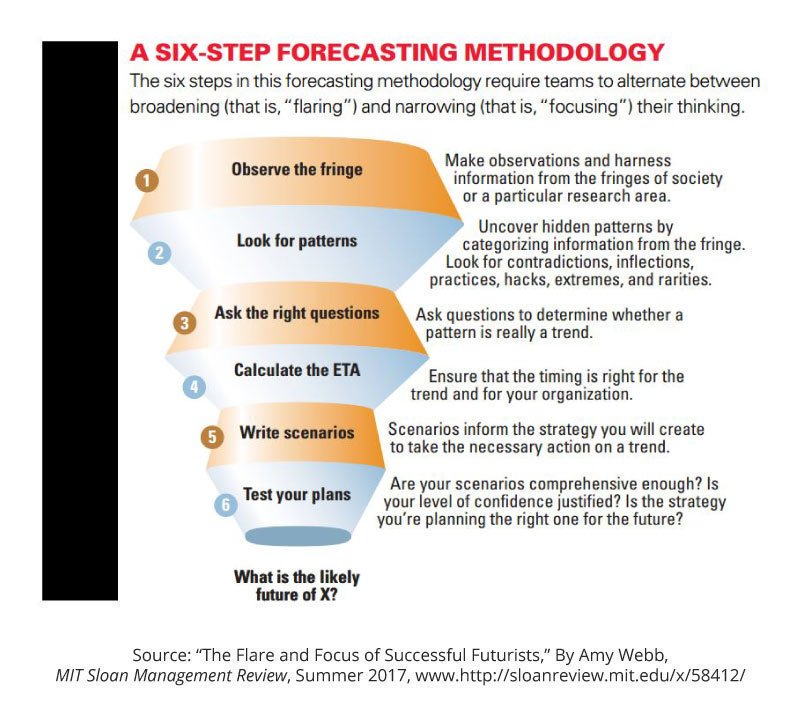



#CWHLC2024 | Taking LEADS global: A synergy in support of international health leadership | Thank you Anurag Saxena, CHE - Facilitator, Coach and Mentor, and Betty Mutwiri Betty Mutwiri, PhD (c), PCC - Facilitator, Coach, Mentor


